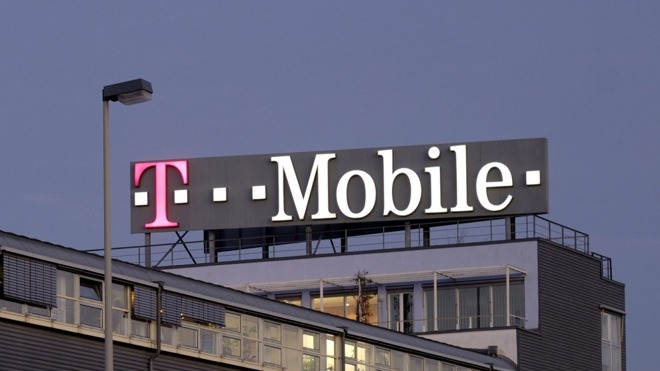US Justice Department likely to block Sprint & T-Mobile merger
Only hours after FCC chairman Ajit Pai expressed his support for Sprint and T-Mobile's proposed merger, the U.S. Justice Department was reported to be against the deal over antitrust concerns.

The carriers have not worked hard enough to dispel Justice Department fears, a Bloomberg source said on Monday. Any merger must still clear the rest of the FCC and the DOJ's antitrust division.
Sprint and T-Mobile first agreed to a $26.5 billion merger in April 2018, looking to challenge the two biggest U.S. carriers, AT&T and Verizon. Some people immediately raised flags about the deal, noting that it would reduce national telecoms competition and potentially lead to higher data costs.
To appease groups like the FCC, Sprint and T-Mobile have already put forward several concessions. These include selling off Sprint's Boost Mobile brand, committing to a three-year 5G expansion and avoiding price hikes while that network is under construction.
The combined company would still control Metro and Virgin Mobile, however, and leave Americans with just three national postpaid carriers -- potentially fewer in regions where coverage is weak.
Under the Trump administration the Justice Department has fought other megamergers, most notably AT&T and Time Warner. An appeals court has so far upheld that deal, valued at $85.4 billion.

The carriers have not worked hard enough to dispel Justice Department fears, a Bloomberg source said on Monday. Any merger must still clear the rest of the FCC and the DOJ's antitrust division.
Sprint and T-Mobile first agreed to a $26.5 billion merger in April 2018, looking to challenge the two biggest U.S. carriers, AT&T and Verizon. Some people immediately raised flags about the deal, noting that it would reduce national telecoms competition and potentially lead to higher data costs.
To appease groups like the FCC, Sprint and T-Mobile have already put forward several concessions. These include selling off Sprint's Boost Mobile brand, committing to a three-year 5G expansion and avoiding price hikes while that network is under construction.
The combined company would still control Metro and Virgin Mobile, however, and leave Americans with just three national postpaid carriers -- potentially fewer in regions where coverage is weak.
Under the Trump administration the Justice Department has fought other megamergers, most notably AT&T and Time Warner. An appeals court has so far upheld that deal, valued at $85.4 billion.

Comments
I don’t see any other benefits...
Through its acquisition of DirecTV, and more recently its blockbuster buy of Time Warner Inc. for $85 billion last year, AT&T amassed a debt load as high as $180 billion.Feb 13, 2019
I’ll wait for the real news.
Sprint isn’t cheaper than T-mobile. The only thing Sprint is good at is attracting suckers...
The reason the quality of the network has improved, is because they already started merging operations (network) with T-mobile (it was part of the press release when the merger was announced).
Unfortunately, T-mobiles quality has regressed since the merger. Hopefully that’s temporary, but it has been noticeable. It hasn’t been enough to get me to switch to Verizon... but some days I consider it.
T-mobile has no B.S billing that’s a major draw...
I’d like T-mobile to continue to improving their network (without Sprint). If it takes a year or two longer to role out 5G... no big deal. I worry about T-mobile with Sprints debt, that would be a bigger setback.